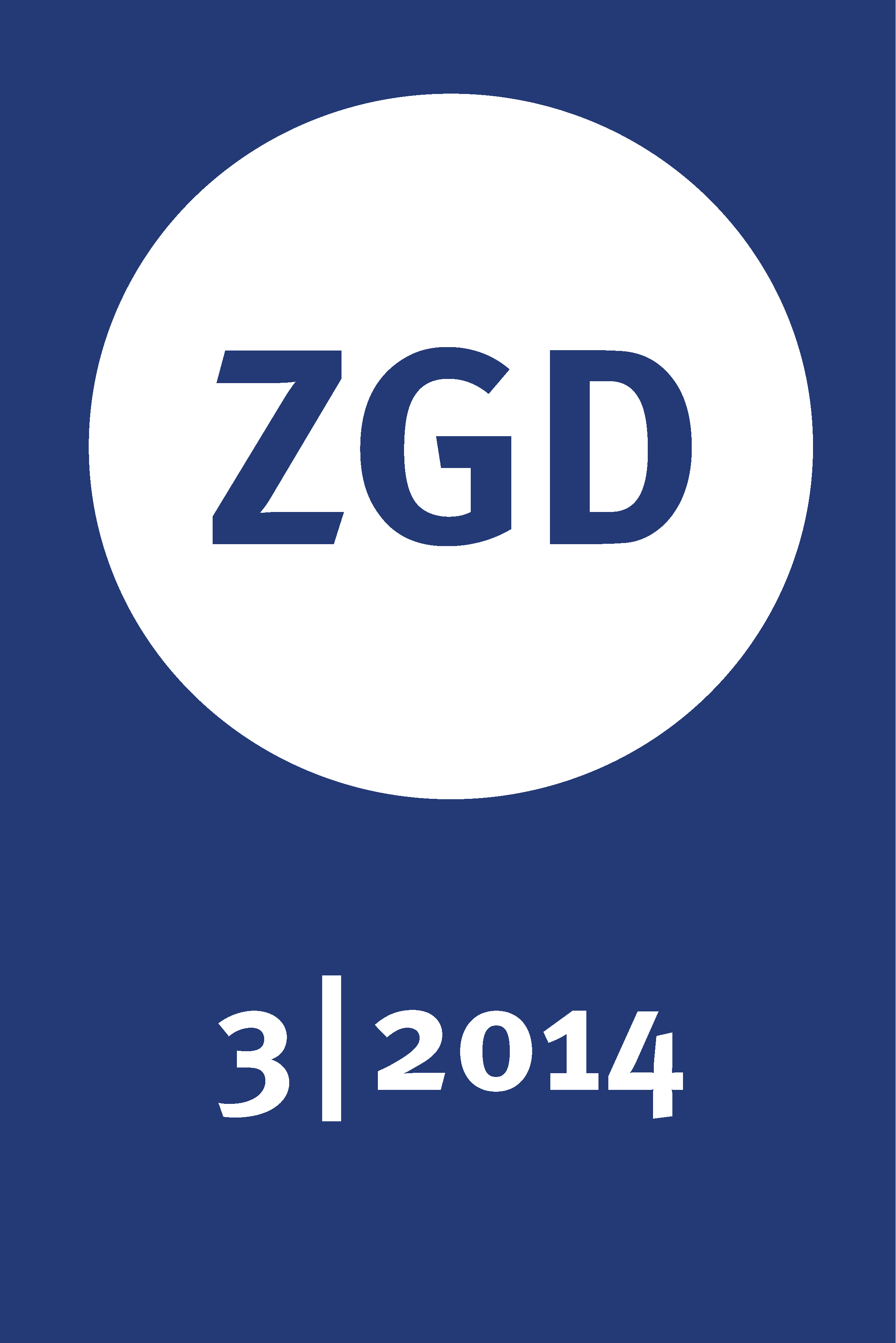Understanding Based on Experiences–Interpreting and Prognosticating Typical Learning Barriers within Geoscience in Light of the Theory of Experimentalism
DOI:
https://doi.org/10.60511/42116Keywords:
theory of experientialism, student conceptions, geoscience, learning barriers, conceptual changeAbstract
Knowledge about domain-specific categories of learning barriers can be a useful tool for scheduling lessons. According to Cheek (2010) a central barrier for understanding geoscience contents is an inaccurate transfer of everyday notions to geoscience phenomena. In the following paper, theory of experientialism is used to interpret these transfers. Four hypotheses about categories of causes of learning barriers within geoscience contents were developed by combining this theory with specifics of the discipline geoscience. The results of three geoscience education studies were reanalyzed to explore, whether these deductively developed categories can interpret learning barriers. The analyzed studies dealt with students' conceptions about plate tectonics, trade winds and glaciers/ice ages. The general goal is to use the categories for the further development of educational guidelines.
Downloads
Published
How to Cite
Issue
Section
License
Copyright (c) 2022 Journal of Geography Education

This work is licensed under a Creative Commons Attribution-NonCommercial-NoDerivatives 4.0 International License.







